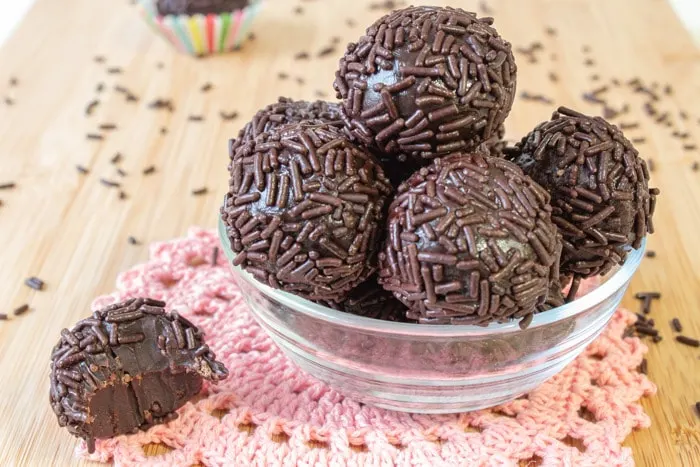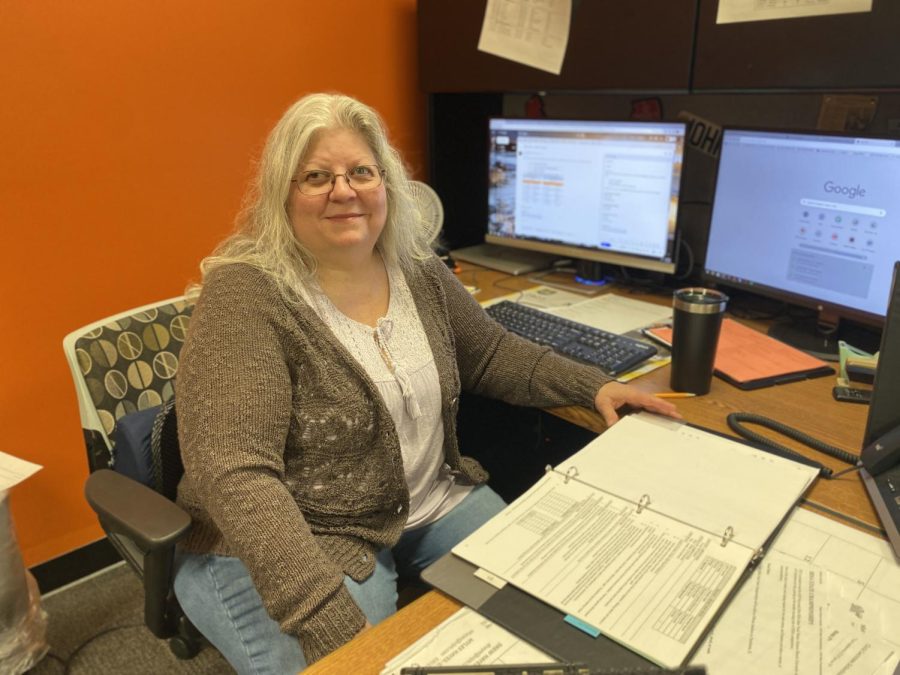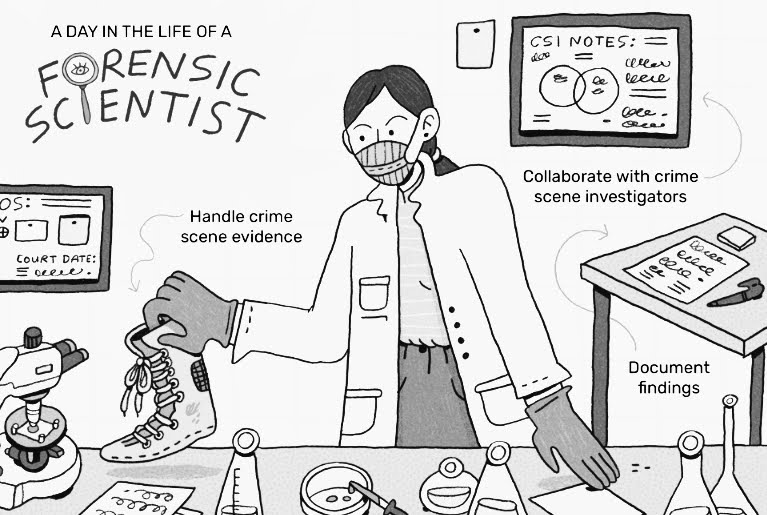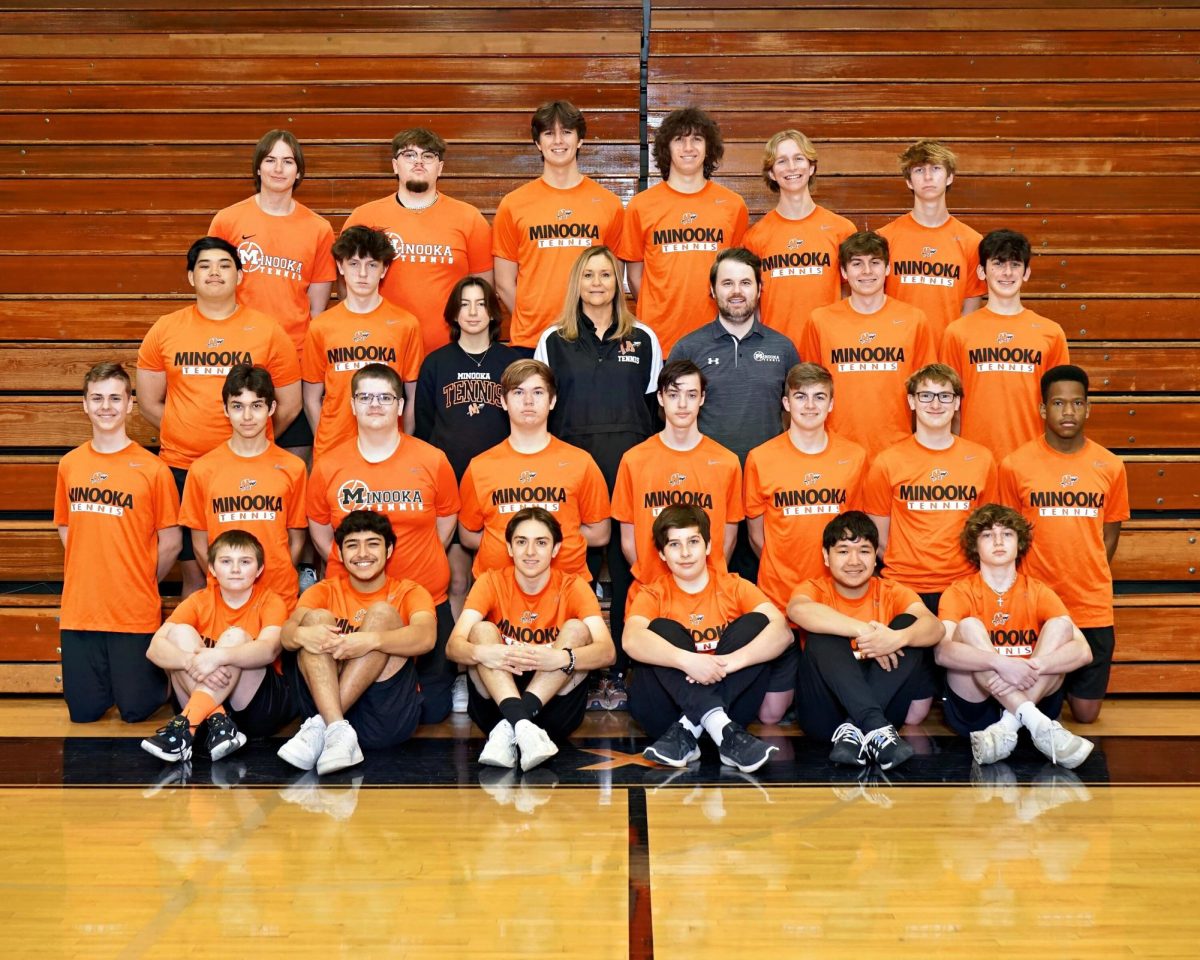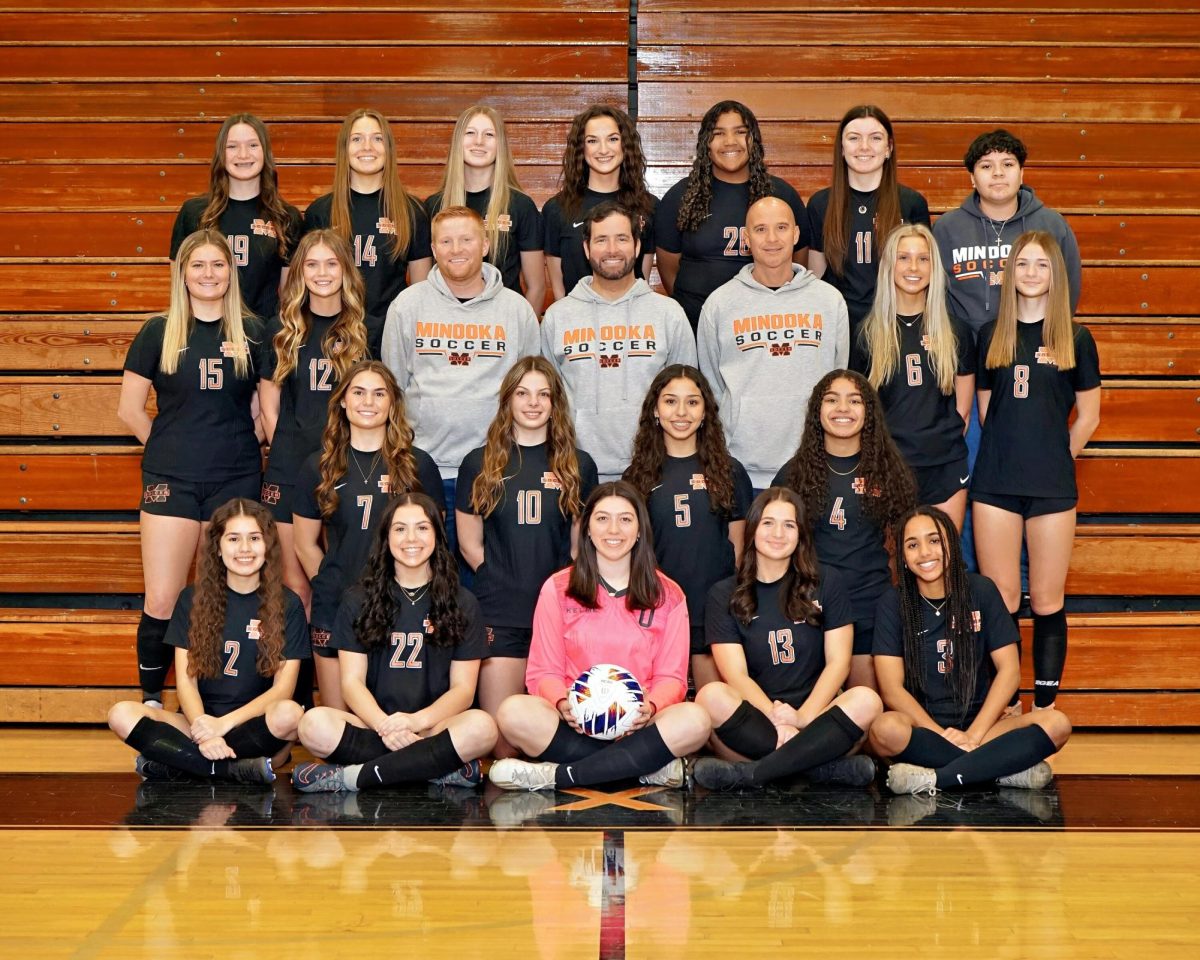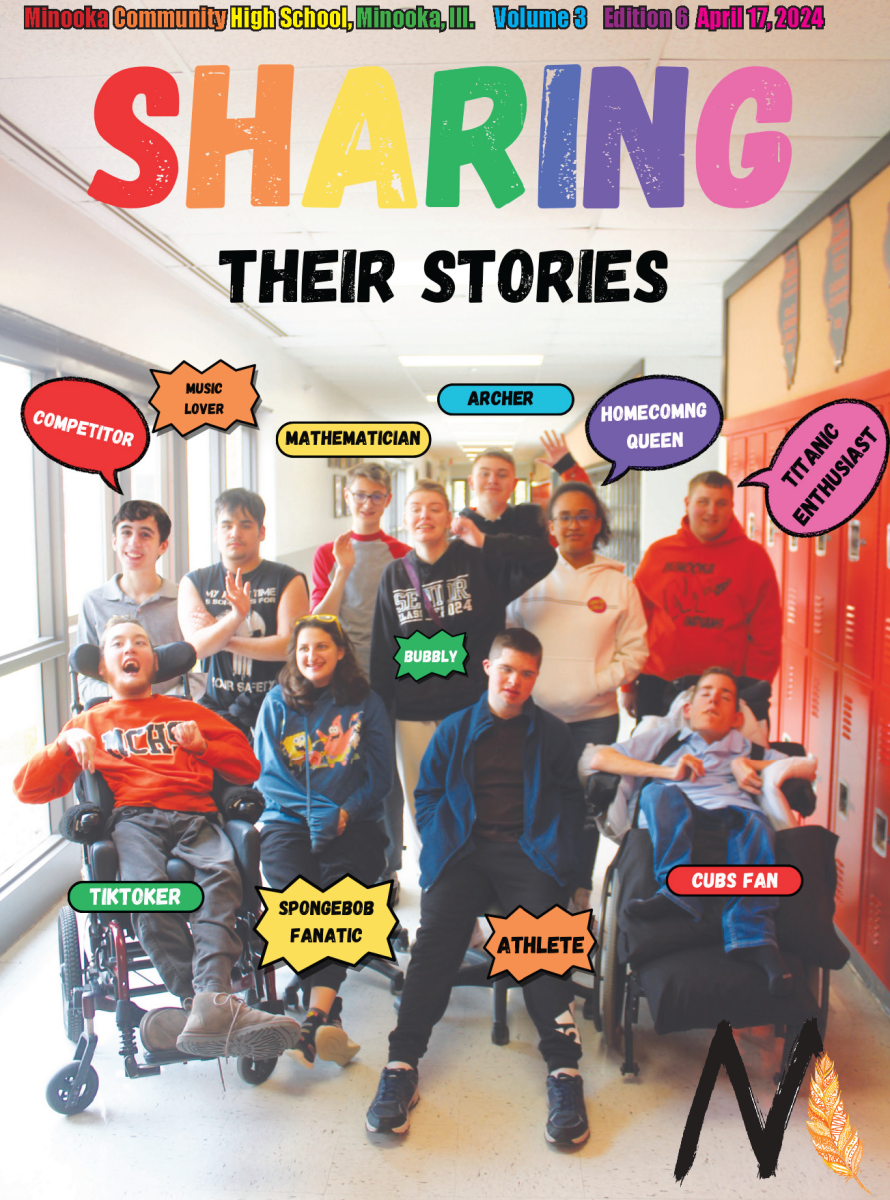Some students at MCHS experience mood changes as the colder months arrive.
Studies show that Seasonal Affective Disorder, or SAD, is a type of depression that is common to occur to adults and students during certain seasons of the year. It is most common, but not limited to, the colder seasons (fall and winter).
Many students feel a lack of motivation or interest during these times especially with all of the breaks and finals coming up. This may be because of shorter days and less daylight or because of the cold weather.
“When fall and winter begin and it starts to become colder, I lose motivation a lot more easily,” freshmen Lena Conroy said.
Some symptoms for SAD include feeling low and excessively tired, daytime fatigue, lack of interest, social withdrawal, and carbohydrate cravings.
SAD can make it very hard for students to focus during the school day and at home.
“I also don’t have a lot of energy because it becomes dark earlier and I tend to lose more sleep,” Conroy said.
One of the main causes of Seasonal Affective Disorder, especially in the Midwest, is the fact that it gets dark so early.
In the Chicago area alone, the sun sets everyday as early as 4 p.m. This causes students to feel more drowsy and tired. If students are tired then they probably don’t want to do homework so they end up sitting in their room or on their phone.
All over the internet you see students complaining about having to go to school during fall and winter, especially the weeks leading up to Thanksgiving or Winter break.
Many teachers also notice that students have a hard time concentrating when fall and winter come up. This is because students either aren’t getting enough sleep, or just don’t have any motivation to do the work.
Instead, maybe during the fall and winter months, teachers can incorporate more hands-on learning activities to help students be more involved in their classrooms.
On the other hand, others find the coldest months enjoyable and don’t experience changes in mood.
“I feel like I become overall happier when the winter comes, mainly because of all the celebrations in my family during that time of year,” Meryem Erbas, freshmen, said. “I also find it more cozy and relaxing especially when it snows and I can wear blanket-like jackets everywhere I go.”
Many students feel like they thrive during the winter because of the holidays and the anticipation of finals, so it can be the main thing that keeps them going.
“Overall, I don’t necessarily see a change in students,” Ms. Melissa Caruso, social worker, said. “I don’t feel like we [social services] are any busier than we are in the warmer days.”
Many students enjoy colder months because of the excitement of the upcoming holidays, fun events, or they just genuinely don’t experience Seasonal Affective Disorder.
“There are times I have students that come crying, and have no idea why,” Caruso said.
Many times people are experiencing SAD and just don’t know it. A student could be sad or angry and have no clue why but really it’s just because of the season changes.
“There have been students who have been diagnosed with Seasonal Affective Disorder so they are just convinced winter is always going to be hard,” Caruso said.
There are many things that students can do to help if they are going through a change in mood during the seasons.
“I try to tell students to stay on a regular sleep schedule, fuel, eat, and make good food choices because your body needs fuel,” Caruso said. “Devices also play a huge part and when students and adults get addicted to devices it can lead to a toll in their mental health.”
During the winter months in Alaska, people have special light bulbs to help with the lack of sunlight that they receive so, if a student is experiencing that then that would be a great option.
If a student is going through something during the colder seasons or just in general and they feel that it is affecting their day and their schoolwork, then they should definitely speak up and ask someone about it.
“I think students are stronger than they believe they are and it’s amazing how much of our mental health is mindset,” Caruso said.
All in all, whether someone does or doesn’t experience SAD, students should always try to speak out to someone they trust to help them because all months out of the year can be hard, and mental health matters.




